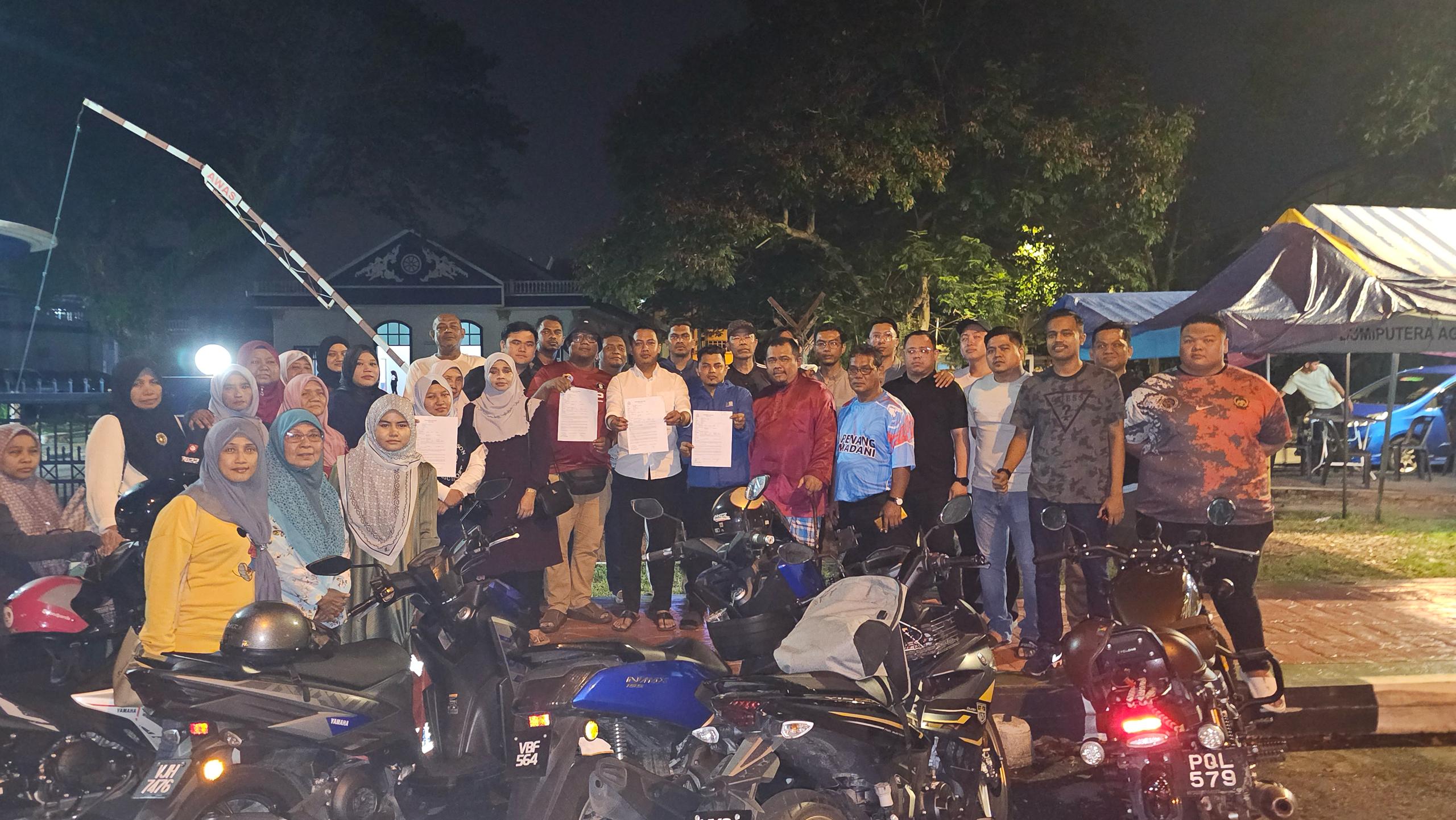
GEORGE TOWN, October 16 – The Consumers Association of Penang (CAP) extends a warm welcome to the proposals outlined in the Mid-Term Review (MTR) of the 12th Malaysia Plan, which aim to foster economic prosperity, eradicate core poverty, combat corruption, enhance the quality of life for citizens, and address the pressing climate crisis. While these proposals hold immense potential for positive change, it’s imperative to stress that they remain mere aspirations unless efficiently and effectively implemented to yield the desired results.
A notable and commendable aspect of the MTR, unlike previous Malaysia Plans, is the provision for a special committee dedicated to monitoring the implementation process and identifying obstacles that may impede the attainment of MTR objectives. One of the promising initiatives under the MTR involves allocating resources to upgrade 1200 dilapidated public clinics. This move is particularly beneficial to the lower-income segment of society, providing them with access to healthcare they might not afford in private facilities. However, it’s advisable to increase funding for public healthcare to enhance the infrastructure and services in public hospitals and clinics.
Which cater to the majority of our population. Additionally, there should be a strong emphasis on disease prevention through educational programs and effective campaigns promoting healthy lifestyles. Food security is a growing concern on a global scale, and the MTR rightly places agriculture and agro-based industries among the five high-growth high-value sectors. Correcting Malaysia’s over-dependence on food imports is vital to achieving food self-sufficiency. Encouraging young people, especially agriculture graduates, to engage in farming and implementing innovations to boost farm productivity should be a priority.
Promoting organic and urban agriculture is essential to meet our food needs, while farmer’s cooperatives can be established in towns to market produce directly and provide cost-effective food to consumers. Housing remains a major challenge, particularly in urban areas. The MTR’s goal of making 500,000 homes accessible is commendable as a short-term measure. To address the housing crisis comprehensively, a housing policy should place the primary responsibility on the government to provide housing, a basic necessity. The current practice of granting state and federal lands to private developers for expensive housing projects must cease.
Establishing a National Housing Board to develop housing and business units for sale or rent, with a focus on social housing and rental units for lower-income groups, is a strategic move. The government should utilize state, federal, and Public Authority lands for these purposes, avoiding their allocation to private developers. Additionally, the creation of Land Banks for housing throughout the country is a prudent step. Regarding the climate crisis, the MTR’s adoption of a national adaptation plan to address its impacts is commendable, although long overdue. Adequate funds must be allocated for both mitigation and adaptation measures.
Stricter measures, such as halting deforestation and development on fragile hill slopes and highlands, are essential. Proposals for coastal and sea reclamation activities should be rigorously evaluated and only permitted for essential public services. Degraded coastal areas must undergo rehabilitation using suitable tree species. Lastly, combating corruption and promoting good governance, transparency, accountability, and integrity at all levels are pivotal. MTR’s proposals to reform governance, including anti-graft laws and government procurement based on competitive and open tenders, are steps in the right direction.
Protecting whistleblowers is vital for safeguarding public interest and fostering a culture of public accountability and integrity. Furthermore, addressing the issue of money held in tax havens under anonymous accounts and ensuring those responsible are held accountable are crucial steps toward a more transparent and accountable Malaysia.




















